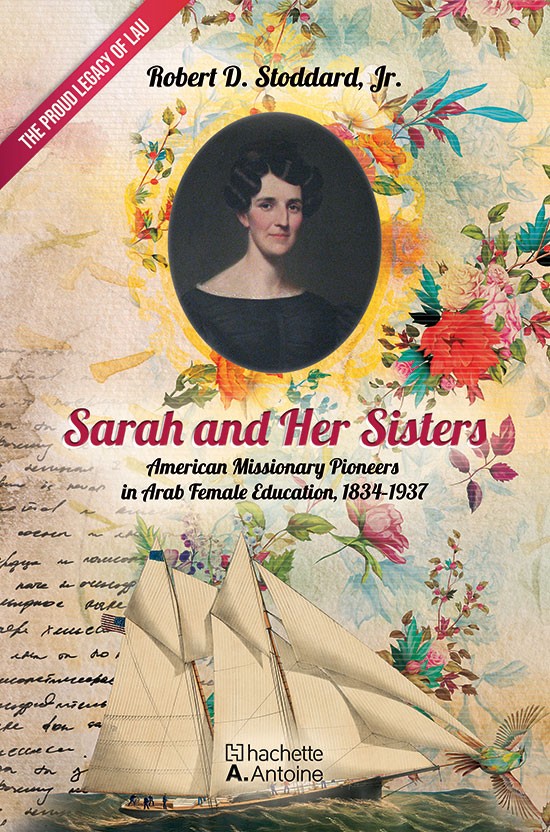
Product Description
Description When newly married Sarah Smith arrived in Beirut in 1834, she was appalled by the ignorance and ill treatment of Arab women and girls. Well educated for her times, she was not content just to keep house for her missionary husband. Rather, having taught Mohegan Indians in Connecticut, she, in her two remaining years, opened a small school for girls that began the transformation of education for Arab females.Sarahs pioneering venture inspired a series of Protestant sisters, married and single, to follow in her wake as missionary teachers. Leaving loved ones and the comforts of home behind, they crossed two perilous seas, learned Arabic, and against great odds continued her work in elementary and then secondary and higher education. Sarahs posthumous memoir was widely read. But the stories of her sisters were little knownuntil now. Here, they are linked in an extraordinary chain of educational achievements despite religious strife, civil war, epidemics, famine, isolation and finally a world war, pandemic and global depression. Regrettably, many sisters, like Sarah, paid the ultimate price and were buried abroad.As long as any girls anywhere are denied an education, these stories can inspire teachers of girls and advocates for female education worldwide to persevere. And hopefully coeds at Lebanese American University will be inspired and motivated to excel knowing that your university goes back to Mrs. Smiths Beirut Female School and that you are the direct beneficiaries of Sarah and her sisters. Biographical note Robert D. Stoddard was Beirut University Colleges director of development in North America (1979-1988) and Lebanese American Universitys vice president for development (1999-2005). He and wife Judith live in Wilmington, Delaware near their two children, spouses and four grandchildren. He made brief visits to Beirut during the civil war and, as a vice president, spent extended periods in Lebanon growing to love its people, culture and history. Bob has a MDiv from Princeton Theological Seminary and is an ordained Presbyterian minister. In retirement he has researched the early history of LAU and written about Arab female education. He co-founded Delaware Churches for Middle East Peace and promotes arts education for minority children in city schools. He is currently a Delaware Symphony Orchestra board member and president of his College of Wooster class. Bob is also the author of A Grand Strategy: The Scenario for Saving Wilmingtons Grand Opera House (Preservation Press, 1978) and James Caldwell: Militant Clergyman of the American Revolution on file at the Presbyterian Historical Society. He welcomes comments at rdstod1@aol.com.-When newly married Sarah Smith arrived in Beirut in 1834, she was appalled by the ignorance and ill treatment of Arab women and girls. Well educated for her times, she was not content just to keep house for her missionary husband. Rather, having taught Mohegan Indians in Connecticut, she, in her two remaining years, opened a small school for girls that began the transformation of education for Arab females.Sarahs pioneering venture inspired a series of Protestant sisters, married and single, to follow in her wake as missionary teachers. Leaving loved ones and the comforts of home behind, they crossed two perilous seas, learned Arabic, and against great odds continued her work in elementary and then secondary and higher education. Sarahs posthumous memoir was widely read. But the stories of her sisters were little knownuntil now. Here, they are linked in an extraordinary chain of educational achievements despite religious strife, civil war, epidemics, famine, isolation and finally a world war, pandemic and global depression. Regrettably, many sisters, like Sarah, paid the ultimate price and were buried abroad.As long as any girls anywhere are denied an education, these stories can inspire teachers of girls and advocates for female education worldwide to persevere. And hopefully coeds at Lebanese American University will be inspired and motivated to excel knowing that your university goes back to Mrs. Smiths Beirut Female School and that you are the direct beneficiaries of Sarah and her sisters.

